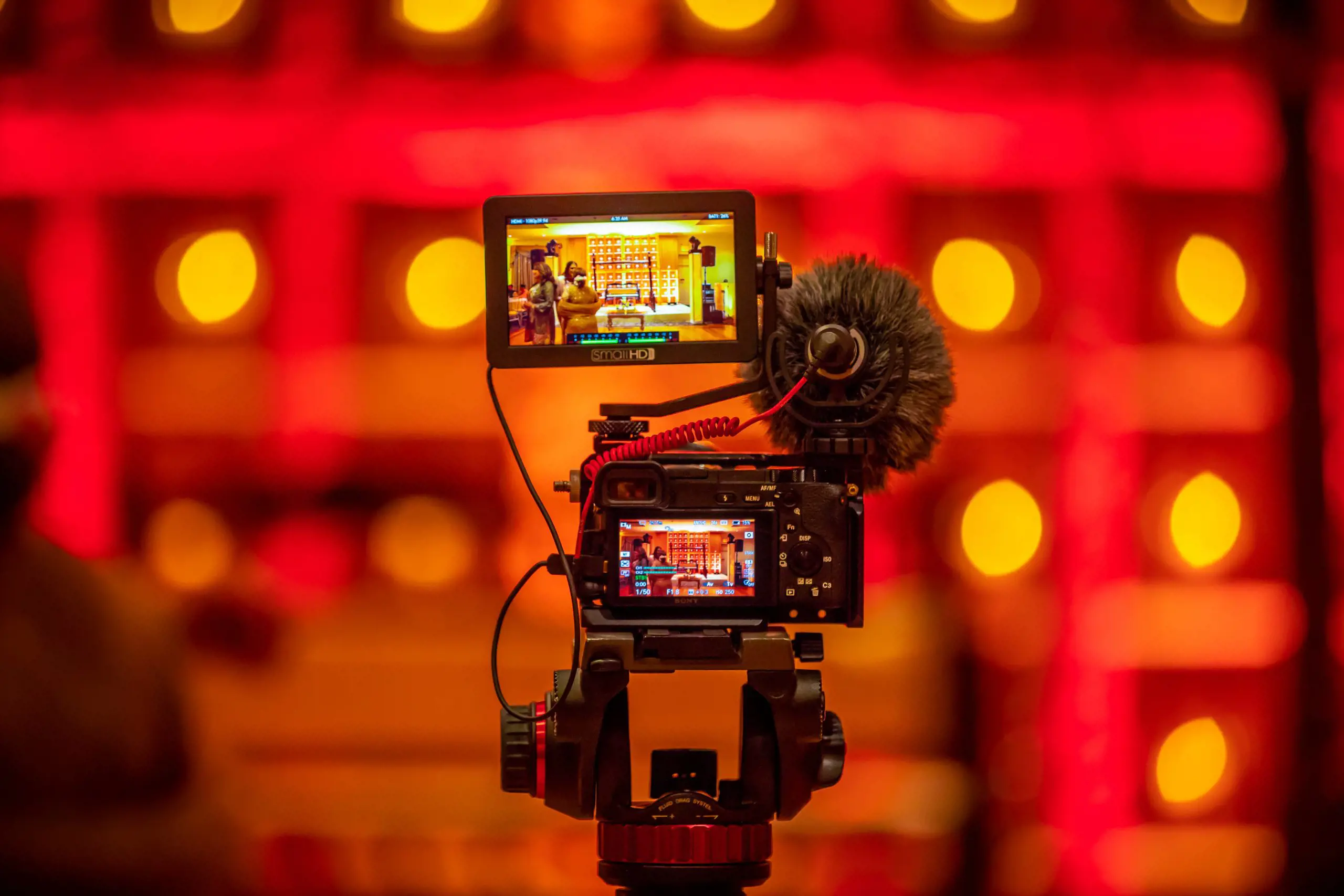

With the streaming world changing, finding the right platform to host video content as a gaming affiliate can be a struggle. Sharon McFarlane delves into what each platform provider can offer for content strategy.
With Twitch being the latest social media channel to tighten restrictions on igaming content in October last year it’s led the gaming industry to question whether it’s really worth it. Should we be investing resources and time into an outlet that is becoming more difficult to crack?
Initially, the platform blocked affiliate links from being allowed in posts, and the latest update will prohibit streaming of any listed sites. Banned sites are those that contain, slot, roulette or dice games and any domains that aren’t licensed in the US or other jurisdictions that offer consumer protections such as deposit limits and age verification systems.
“Twitch has been a little more unpredictable in relation to banning accounts without expansive information being detailed [than YouTube]”
So, is it worth it? Or do we go back to the old faithful that is YouTube for streaming content and community growth? There are mixed opinions with some high-profile affiliates creating successful campaigns across both channels.
YouTube’s gambling stance
YouTube is of course a Google product and although it’s highly regulated the company is very clear about its gambling policies. Whereas, Twitch has been a little more unpredictable in relation to banning accounts without expansive information being detailed. This does make brands slightly more cautious in terms of using this streaming platform as part of an overall marketing strategy.
“In terms of volume of potential content creators that you could collaborate with, YouTube pips Twitch to the post”
With YouTube, although creators can’t link to a gambling site that is not approved, other than that, it is relatively straightforward and the stipulations are clearly set out.
Both YouTube and Twitch have prolific igaming communities, particularly when it comes to eSports and slots. In terms of the volume of potential content creators that you could collaborate with, YouTube pips Twitch to the post, however, Twitch does have more of a tight-knit community feel to it that could be beneficial for smaller brands.
Different content for Twitch and YouTube?
As an agency, we recommend that all social media strategies should ensure that the content that is uploaded is native to the individual channels, including YouTube and Twitch.
Twitch is more suitable for a content strategy that is stream-focused, that’s why it works well when you are using influencers as part of your strategy. If you have a face or brand ambassador for your site, then Twitch is a great option. It’s perfect for extroverts who have the ability to self-promote and build relationships with other streamers. If building social media profiles and networking is something that you find easy, then Twitch is a solid option.
YouTube is more for brands and creators that want to focus more on the content side of things. There may be live streams, however, they will be mixed in with other content types such as educational info, promotional material and other engaging content.
Highest growth potential?
If you are a fairly new brand or haven’t quite yet made your mark in the world of social media, then YouTube may be the one for you. The indexing algorithm that exists allows new users to find your content using relevant search terms and keywords on Google. This gives you much more likelihood of showing up on the recommended feed and video-related searches on search engines.
On YouTube, both live streams and pre-recorded video content can be sufficiently optimised to reach new audiences and gain reach organically. If you or your team have a solid base of YouTube SEO, then this will go a long way to ensuring your content is discoverable.
Factors to consider
Bear in mind, you need to look at your individual scenario and there are some common factors you need to consider. For example, which niche you are in within the igaming space as eSports operators and affiliates may veer towards Twitch, purely based on the gaming community that has been built up there.
You will also want to think about geographical location. If you’re looking to expand heavily into the Asian market for example, then neither of these social media channels would work for you, as they are both blocked in China.
The capability within your resource is also a key factor. Do you have someone who is able to front any streaming campaigns? If not, do you have someone within your team who can manage partnerships with an external agency or streamers on there to build the brand? If not, then contemplating YouTube, where you can plan pre-recorded content may be more beneficial and achievable.
“If you’re looking to expand heavily into the Asian market then neither of these social media channels would work as they are both blocked in China”
The future
Twitch has already indicated that they may become stricter in terms of content that has anything relating to slots, or dice games within it. They plan on gaining a better understanding of how October’s changes are received and reviewing from there.
In terms of popularity, YouTube is a pretty dominant force. It experienced a 4.9% growth rate in 2021, and in 2022 had over 210 million users in the US alone which is big news for those emerging into the US market.
The functionality and feature set of YouTube is also evolving with the times. We now have YouTube shorts to make videos more digestible (like reels), premieres and other ways for brands to stand out from the crowd.
Twitch is a growing channel, with currently 2.4 million average concurrent users, however, it is important to bear in mind it is a more niche and community-based platform, where building relationships and networks is key.

Sharon McFarlane,
managing director at Digital Footprints
is managing director at Glasgow-based Digital Footprints, a digital marketing agency specialising in content marketing, social media, UX design, website design, branding and conversion rate optimisation.
